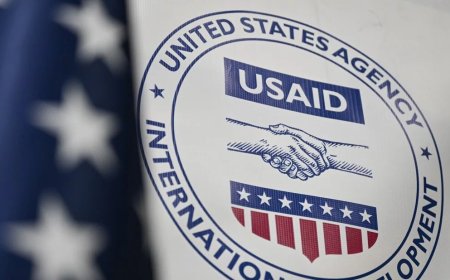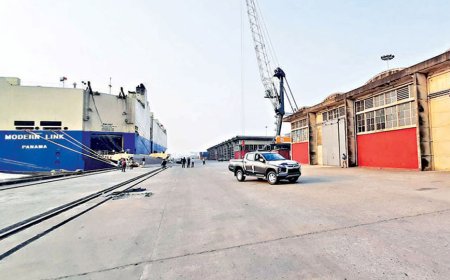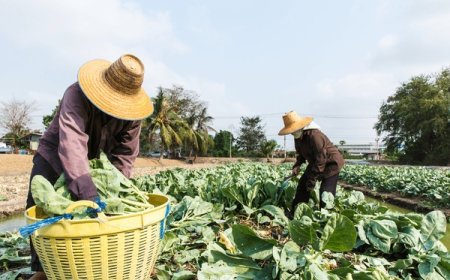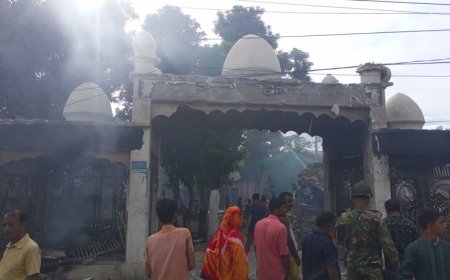Canada on 'high alert,' preparing for an influx of migrants fleeing the U.S
Trump has vowed to carry out the largest mass deportation in U.S. history, claiming that immigrants are "poisoning the blood of our country."
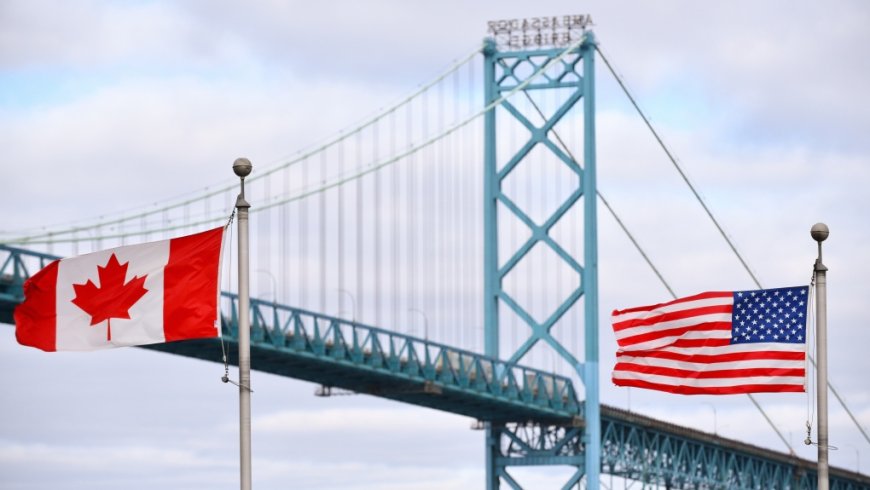
Canadian authorities declared Friday that they are on "high alert" as the country prepares for a potential influx of migrants fleeing the United States.
US President-elect Donald Trump has promised the largest mass deportation in American history, accusing immigrants of "poisoning the blood of our country." During his first term (2017-2021), tens of thousands of migrants, including Haitians who lost US protections, fled to Canada.
"We're on high alert," said Royal Canadian Mounted Police spokesperson Sergeant Charles Poirier. "All eyes are on the border to see what happens... because we know that Trump’s immigration policies might drive more illegal and irregular migration into Canada," he added.
In Ottawa, Deputy Prime Minister Chrystia Freeland met with ministers tasked with handling potential challenges arising between Canada and the incoming Trump administration. She reassured the public that Canada is prepared for a possible increase in migrant arrivals. "We have a plan," she said during a press conference, although she did not provide specific details. "Canadians need to know... our borders are safe and secure, and we control them."
This heightened vigilance comes as Canada is reducing its immigration targets. The Trudeau government has stated its intent to slow population growth while strengthening key infrastructure and social services. Quebec Premier François Legault also expressed concerns this week about the potential strain of new arrivals on his province’s already overloaded housing system.
Surge in Google Searches
After Tuesday's election, online searches in the U.S. regarding relocation to Canada spiked tenfold. While the legal status of those searching is unclear, some U.S. citizens opposed to Trump's presidency have reportedly been seeking information on Canadian immigration and relocation services. Google Trends showed increased searches for terms like "immigrate to Canada," "Canada immigration process," and "how to move to Canada."
The Canadian government estimates that processing permanent residency applications can take up to a year, with refugee claims potentially requiring a wait of 44 months.
Dangerous Border Crossings
Crossing into Canada between official checkpoints is illegal and perilous, especially in the winter months, Poirier cautioned. "We understand the desperation and fear that push people to cross into Canada through forests, fields, lakes, and rivers, but there are serious risks," he said. "It's getting colder. We’ve seen tragedies in the past, with people suffering severe frostbite that required amputations and others facing life-threatening hypothermia," he warned, adding that some individuals have died in these attempts.
Increased Border Security
New rule changes in 2023 have also made it more difficult for people coming from the U.S. to successfully make asylum claims in Canada, and they may be sent back to the U.S. As a result, Poirier said, "more boots on the ground" will be deployed along the world’s longest unmilitarized border in the coming days as authorities anticipate a surge of migrants ahead of Trump’s January inauguration.
Cameras, sensors, and drones are already in place along the 8,891-kilometer (5,525-mile) border, and real-time information is being exchanged between Canadian and U.S. authorities.
Despite extensive preparation, Poirier warned that if a large number of migrants arrive at once and cross at multiple points, the situation could become unmanageable.
What's Your Reaction?























